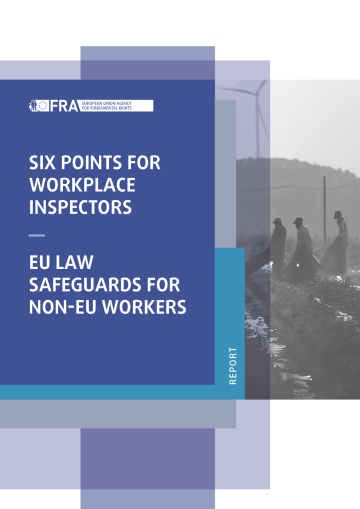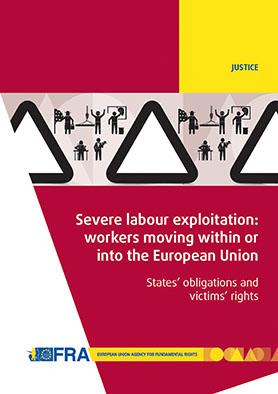The opportunity to change employers reduces the risk of exploitation. It allows workers to leave an abusive employer without the risk of losing their income or permit. EU law entitles most non-EU workers with a residence permit to change employers, although Member States may limit this right.
Under EU law, if certain conditions are met, Member States must allow seasonal workers to change employers at least once. But changing employer is possible only when extending the seasonal work permit. Non-EU workers under the single permit directive are currently not allowed to change employer. They will, however, be able to once the revised directive is transposed into national legislation. Member States may bar this possibility in the first six months of the worker’s stay in the country. They may also require that certain conditions are met, except in cases of serious violations of labour law.
Non-EU workers under the revised Single Permit Directive, once transposed into national legislation, will be allowed up to three months of unemployment during the period of validity of the single permit (extended to six months if the worker had a single permit for more than two years).
Workplace inspectors can play an important role to enforce this right in practice by:
- informing seasonal workers and non-EU workers under the single permit directive of the possibility to change the employer and explain the relevant procedure, once the directive is transposed into national legislation;
- informing workers under the single permit directive that they are entitled to a period of unemployment;
- proactively providing information on options for changing employer and unemployment options (where applicable for non-EU workers under the single permit directive), especially when signs of labour exploitation are detected during an inspection or identified in a complaint.






